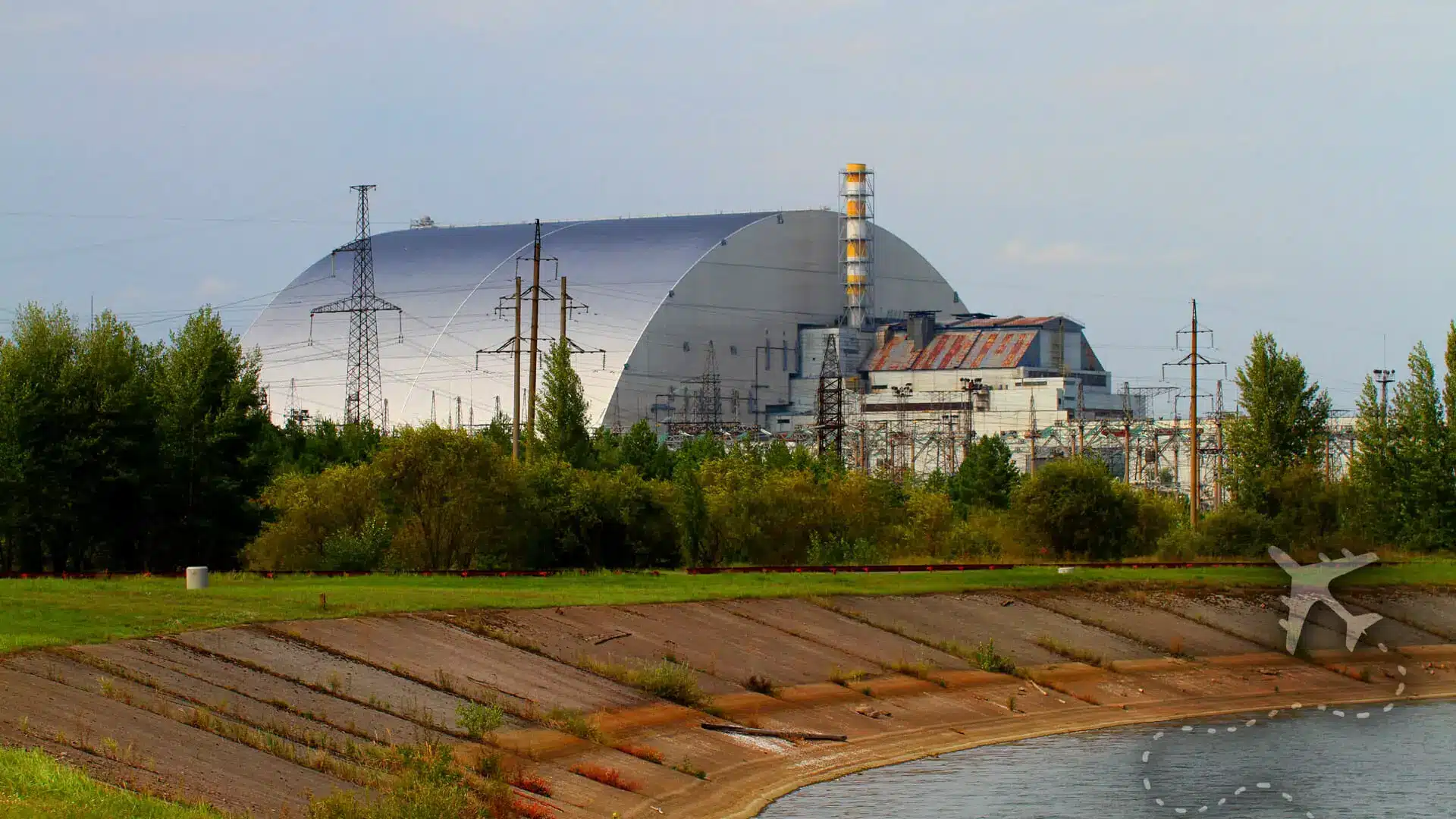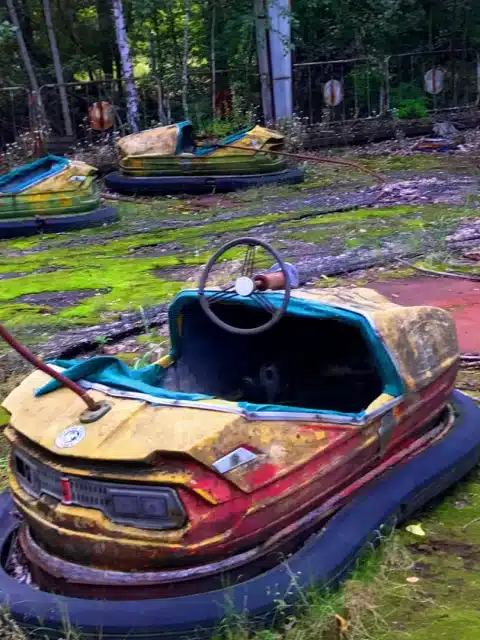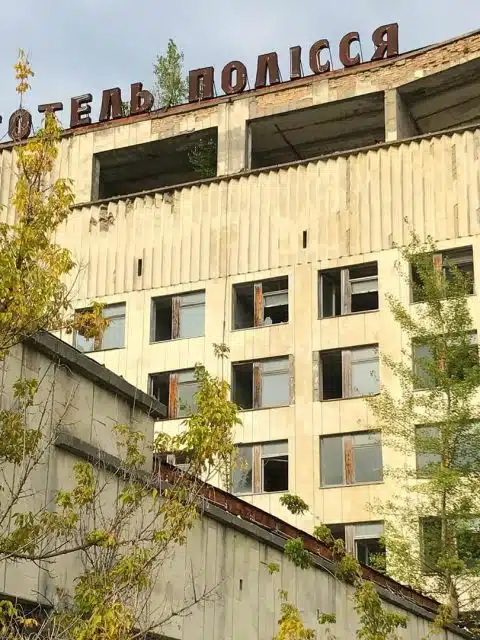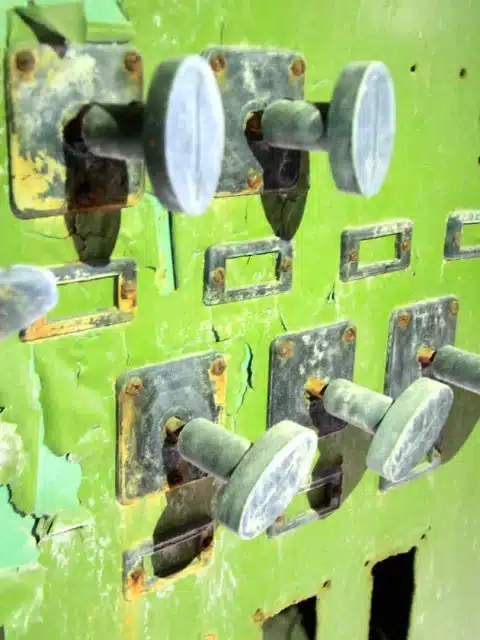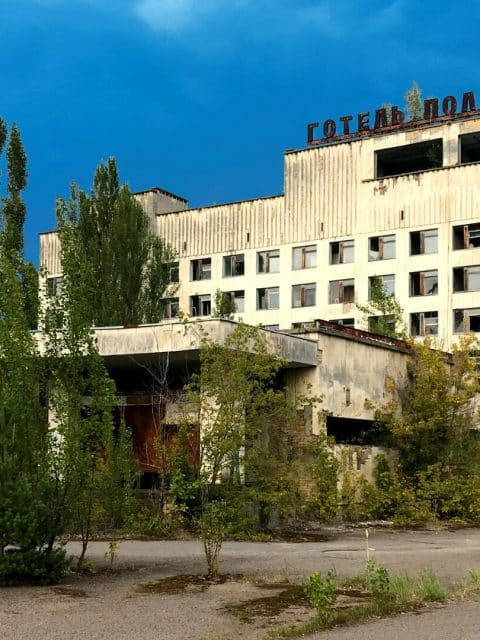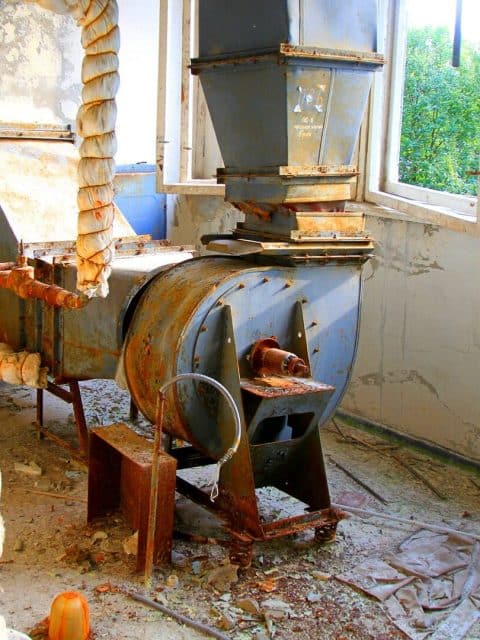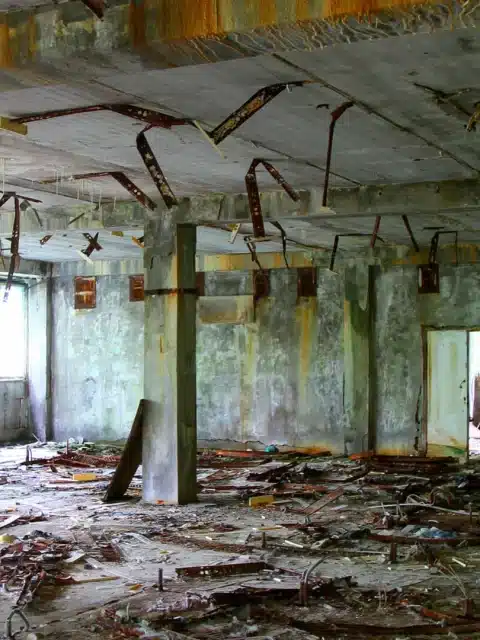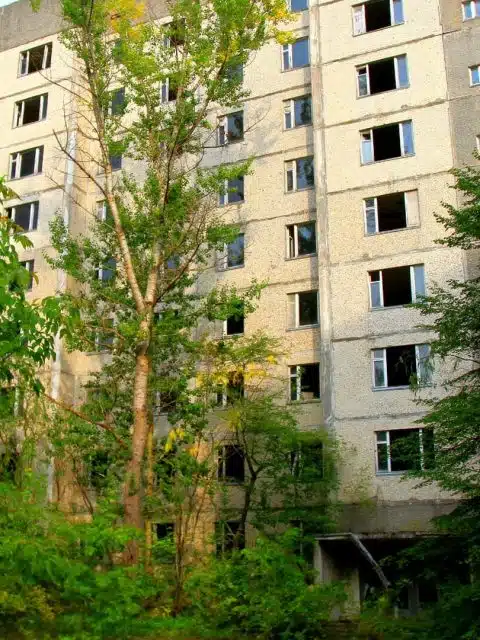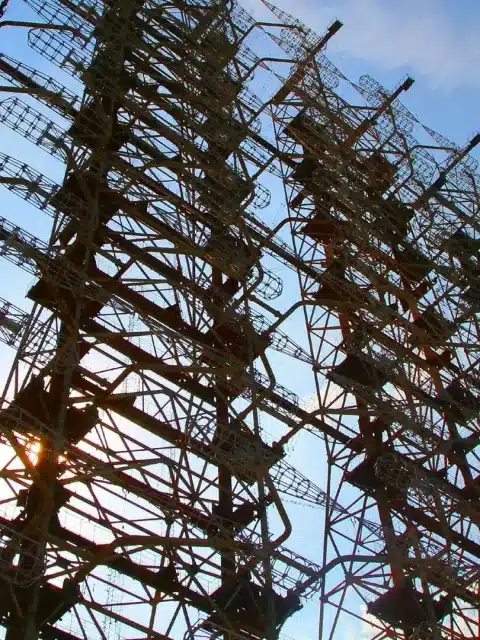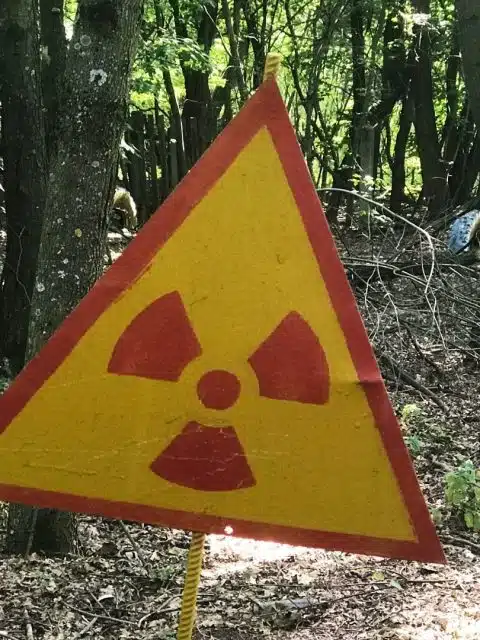Touring the Chernobyl Exclusion Zone provides a unique opportunity to witness the haunting remnants of a catastrophic event frozen in time, offering a sobering perspective on the consequences of nuclear disaster.
Touring The Chernobyl Exclusion Zone in northern Ukraine is 30 kilometers in size and has largely been off-limits after the human-made disaster in 1986. The former USSR, now present-day Ukraine is home to humanity’s most notorious dark tourism destination, which has a growing community of enthusiasts seeking out sites associated with death, disaster, and tragedy to confront mortality and contemplate human existence’s fragility, making the dangerous trek to this one-of-a-kind destination.
I’ve watched and read every documentary about the tragic events that led to the disaster and the devastating, long-term after-effects still being felt today. Many are drawn to the site for its eerie, post-apocalyptic atmosphere; however, touring Chernobyl is my way of paying homage to the disaster’s victims, learning about its causes and effects, and the chance to see abandoned buildings, rusting machinery, and other artifacts frozen in time.

Radioactivity is invisible, odorless, and tasteless, a genie that should never be allowed to escape. There are potential health risks associated with continued radiation exposure.
Everything you need to know before touring the Chernobyl Exclusion Zone
CURRENT WEATHER
clear sky (15 C / 59 F)AIR QUALITY
Good (12)GPS COORDINATIONS
51.2740, 30.2169
HIGH SEASON (MOST EXPENSIVE)
July – August
LOW SEASON (LEAST EXPENSIVE)
September – June

Touring the Chernobyl Exclusion Zone
Chernobyl Exclusion Zone Uncensored
I landed in Kyiv on a warm summer day, beginning a fantastic expedition that took me through the history of April 23, 1986, and into the radiological wasteland of Chernobyl, Pripyat, and the surrounding countryside, better known as the “exclusion zone.”
Visiting Chernobyl is generally considered safe for short periods; however, visitors must follow strict safety guidelines and stay within designated areas.
What I experienced in the exclusion zone was a snapshot in time that has remained untouched for the past 30+ years. The animals run wild, all tagged to track their population and buildings decaying and collapsing as nature begins to reclaim the ghost town that was once a bustling city.


